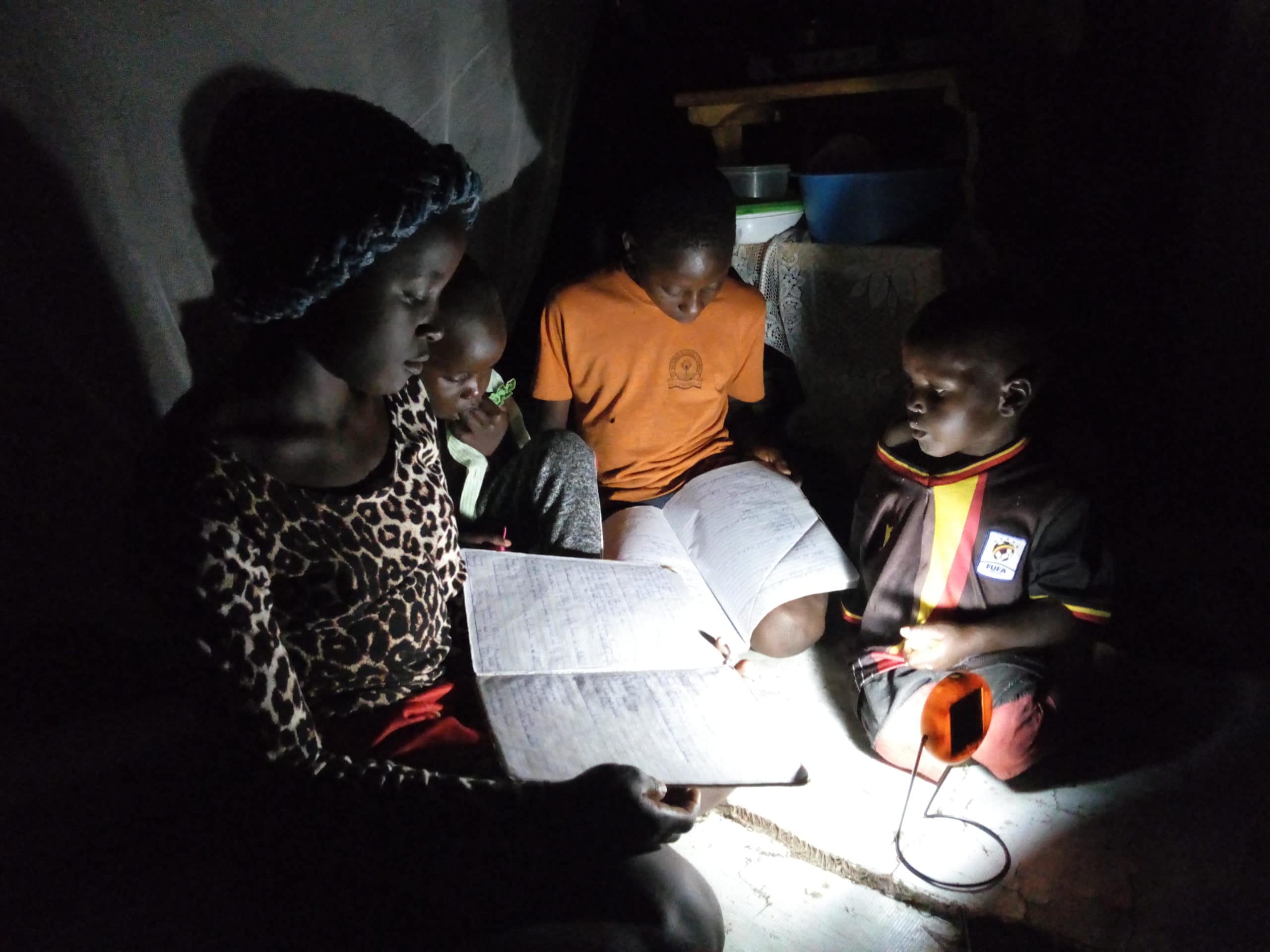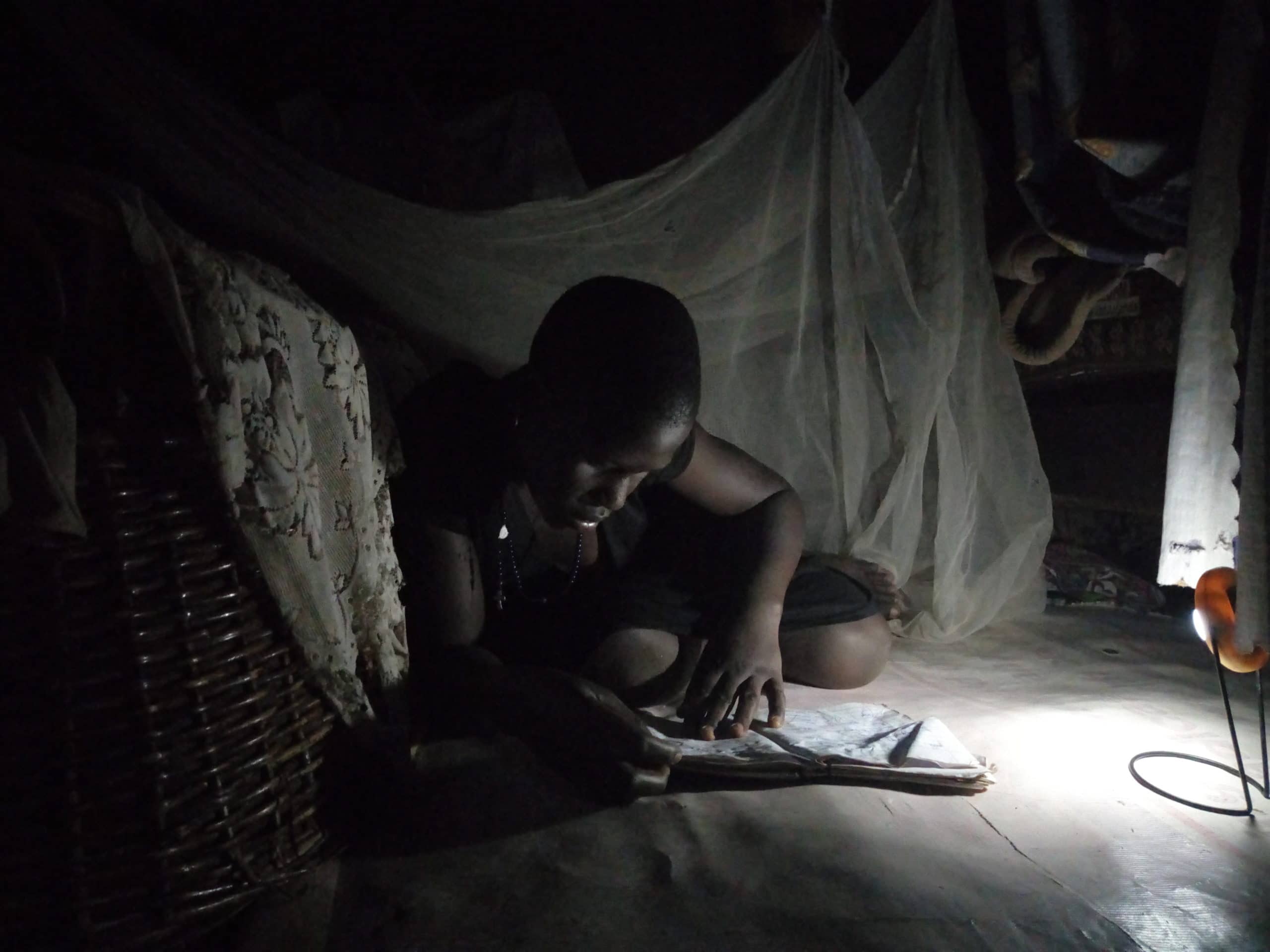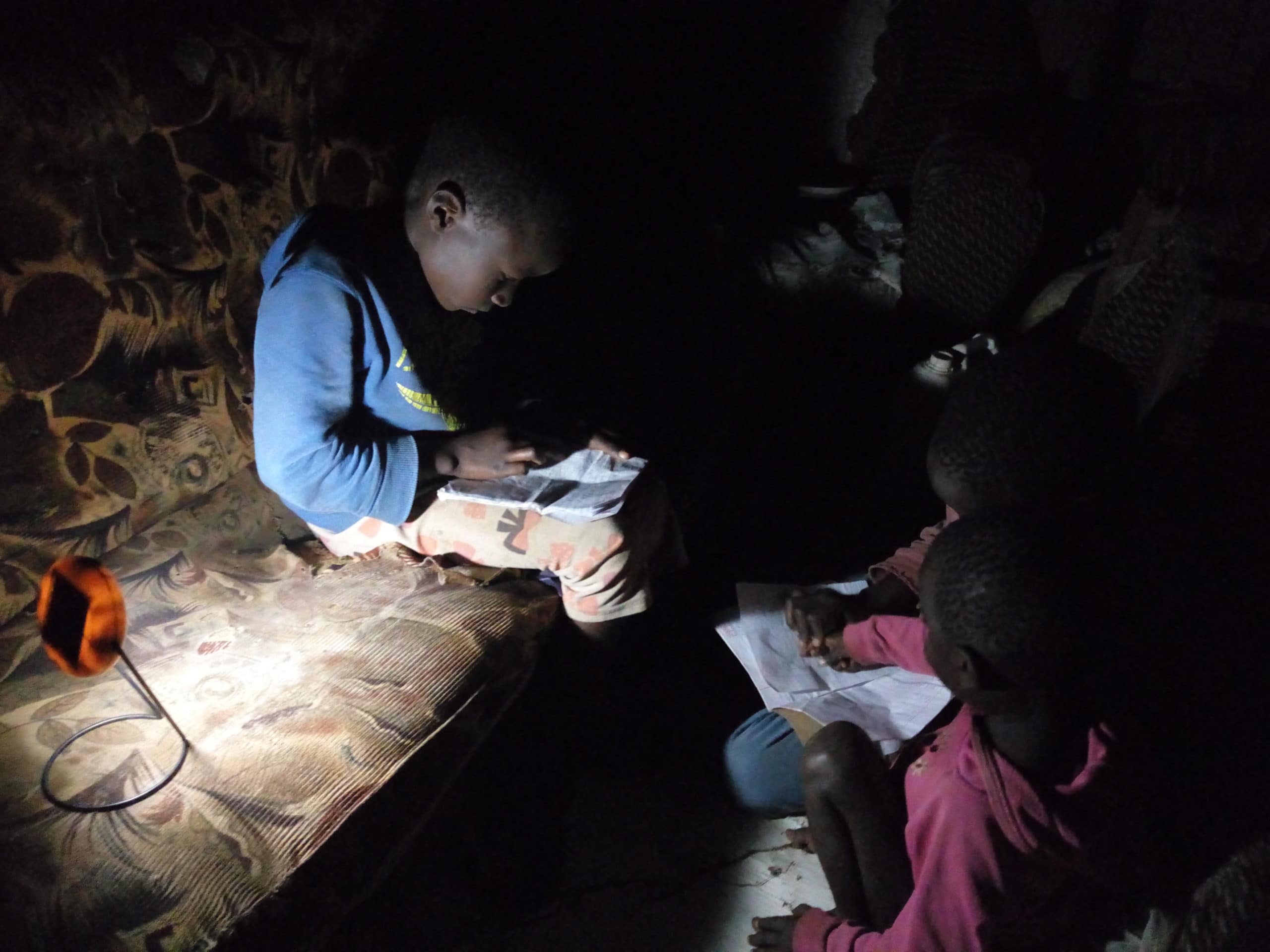Learning in the Time of COVID
Written by guest author Siriman Kiryowa, a Field Research Analyst at Solar Health Uganda
The Global Pandemic and Education in Uganda
Here in Uganda, students are suffering from the compounded issues of school closings, lack of access to scholastic materials at home and the many interrelated complications of poverty. Last March, Uganda registered our first COVID-19 case. A directive was issued instructing schools to close immediately, and all the children were sent home. They were told to stay there until the lockdown is lifted.
The unexpected and comprehensive lockdown caught everyone unaware! There was no time for teachers to organize study materials, and children returned home without books or other supplies. All transportation was restricted and only ‘essential’ workers (like health and government workers) were allowed to travel to work. Since many parents could no longer earn money, people living without access to lighting were cast into darkness. Whereas children around the world are relying on virtual learning, children in Uganda rarely have electricity let alone access to a computer or internet. Our children now faced the hurdle of learning without teachers, books, and light
Children are using their solar lights to keep up with school work
Jesca N., aged 12, lives in Kikaaya in the Wakiso District. Her family of 7 depends her mother’s income from selling cooked cow’s head, cassava and sweet potatoes. Jesca says that her studies have been greatly affected by the pandemic. Before COVID-19, her normal day involved waking up early in the morning. Afterwards, she got herself and her siblings ready for school and began walking the 3km to school. At 4.30pm, she and her siblings returned home, a journey of about an hour. On arriving home, chores were waiting for Jesca. By the time she finished, it was already dark and she was exhausted. Afterwards, she read and did homework for 1½ hours before bed.
A new day without school
Due to the lockdown, now Jesca’s day begins at 8am. She starts the household’s chores, while her mother buys supplies at the market. Jesca spends the school day taking care of her 5 siblings, leaving her little time to read during the day. The only time she finds time to read and study is at night. Because her family received a safe solar light from Let There Be Light International to replace their old polluting and dangerous kerosene lamp, she is able to keep up with some of her studies after dark.



Jesca says this would not be possible if they were still using their old kerosene lantern. Kerosene is expensive, (even in small quantities a household spends 10-30% of income of lighting). And, during the lockdown there is less money for basic necessities and finding fuel is more complicated than ever.
Jesca happily reports:
“Thanks to the solar light donated to our household by Let There Be Light International, my siblings and I are now able to read our books for 2– 4 hours at night, and we can try to catch-up with the syllabus.”
“I am happy that my mum no longer has to spend on household lighting. Now, that money can be used on other household expenses. But, I miss school. I miss my teachers. I also miss my school friends. I am looking forward to the day when the lockdown will be lifted and I go back to school!”

0 Comments